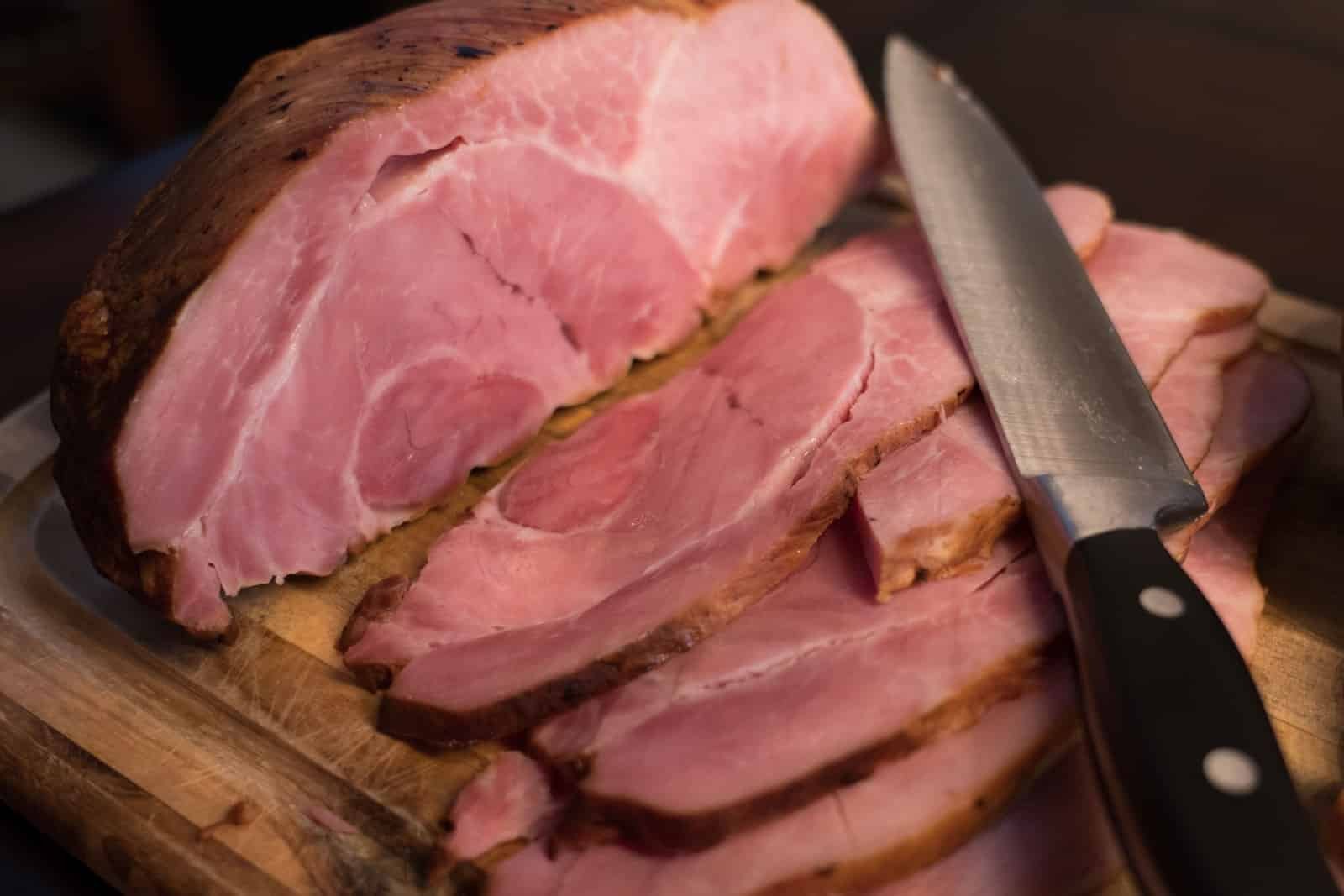When it comes to food safety, ham is an interesting topic because it comes in many forms: there’s fresh ham, cured ham, and fully cooked ham, just to name a few. Each type can have different shelf lives when stored in the refrigerator. To keep things simple, we’re focusing on cooked ham—think of that tasty centerpiece at your family feast.
The United States Department of Agriculture (USDA) provides guidelines regarding food safety, and the Centers for Disease Control and Prevention (CDC) offers statistics on foodborne illnesses that we should all be mindful of. According to the USDA, cooked ham can be stored in the fridge for 3 to 4 days if it’s a whole ham, or 3 to 5 days if it’s sliced and covered properly. When it comes to cooked ham, the countdown begins the moment it reaches a safe temperature after cooking.
To ensure maximum freshness and safety, cooked ham should be stored in shallow containers to decrease cooling time and prevent the growth of bacteria. The temperature of your fridge should be checked with an appliance thermometer and maintained at or below 40°F (4°C). This is crucial because temperatures above 40°F allow bacteria to multiply rapidly.
Why this precise window for ham storage? Bacteria! These tiny organisms are the main reason for food spoilage and potential foodborne illness. Some common culprits like Listeria monocytogenes can grow even at refrigerator temperatures, which is why it’s important to adhere to storage guidelines.
When you’re ready to dive into those leftovers, reheating them properly is just as crucial as storing them. The USDA recommends that cooked leftovers should be reheated to an internal temperature of 165°F before consuming. Use a food thermometer to check, ensuring you hit this temperature throughout the ham to eliminate any bacteria that might have crept in during storage.
Maybe you’ve got more ham than you can handle in the next few days—no problem! Freezing is a great option to extend the life of your cooked ham. When properly wrapped in airtight packaging or heavy-duty aluminum foil, cooked ham can last in the freezer for up to 1-2 months. Just remember that while freezing can halt bacterial growth, it doesn’t kill all bacteria, so the same rules apply when thawing and reheating.
It’s a good idea to know the signs of spoilage. If your ham has been in the fridge for a bit and you’re not sure if it’s still good, trust your senses. Spoiled ham may have a sour smell, slimy texture, or even a change in color. If anything seems off, it’s better to play it safe and toss it.
Before we wrap up, let’s talk about ham handling. Always wash your hands before and after handling cooked ham. Cross-contamination can occur if you touch raw meat and then your cooked ham without washing your hands in between. The same goes for using utensils and cutting boards—keep ’em clean and keep ’em separate.


